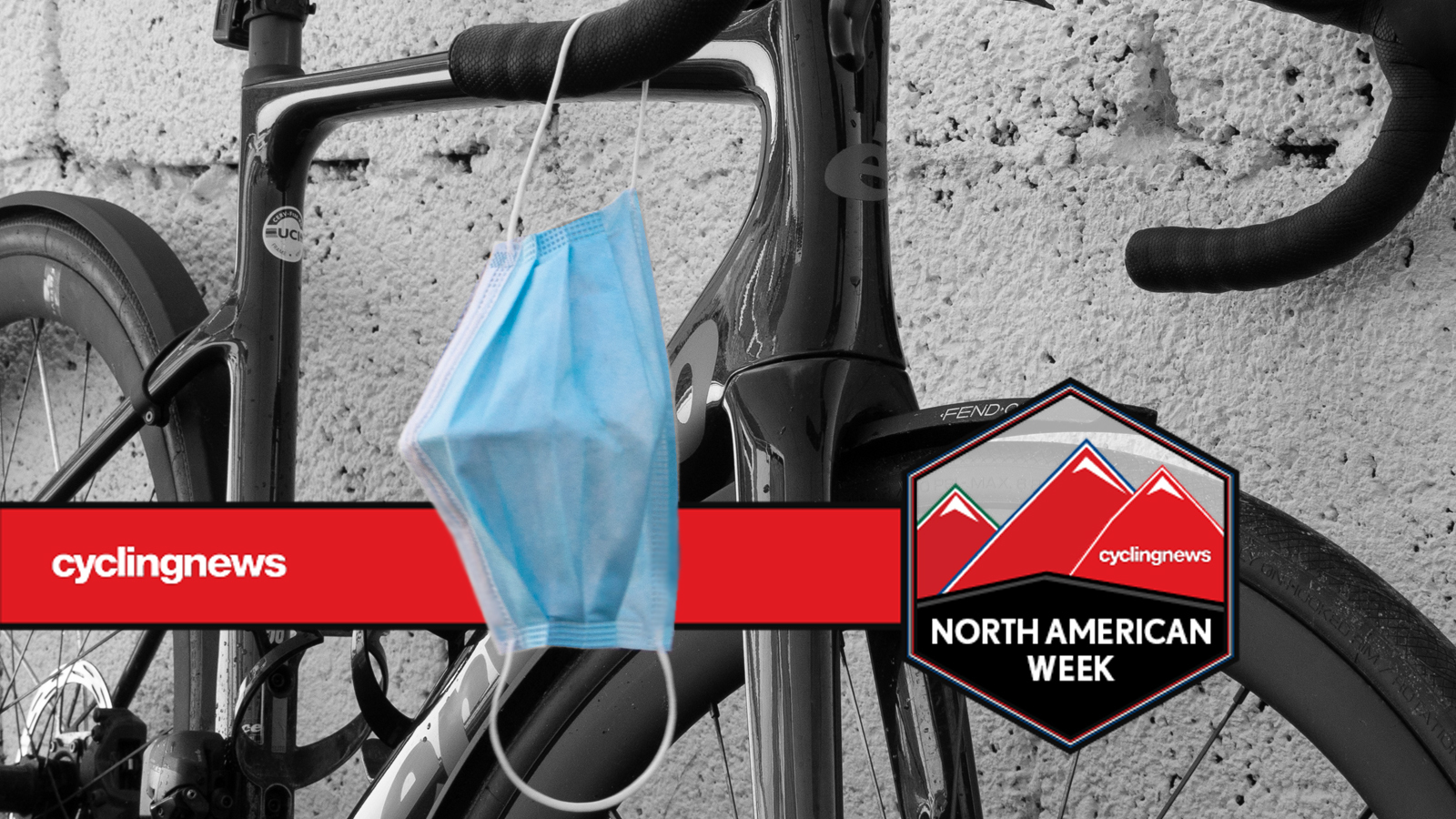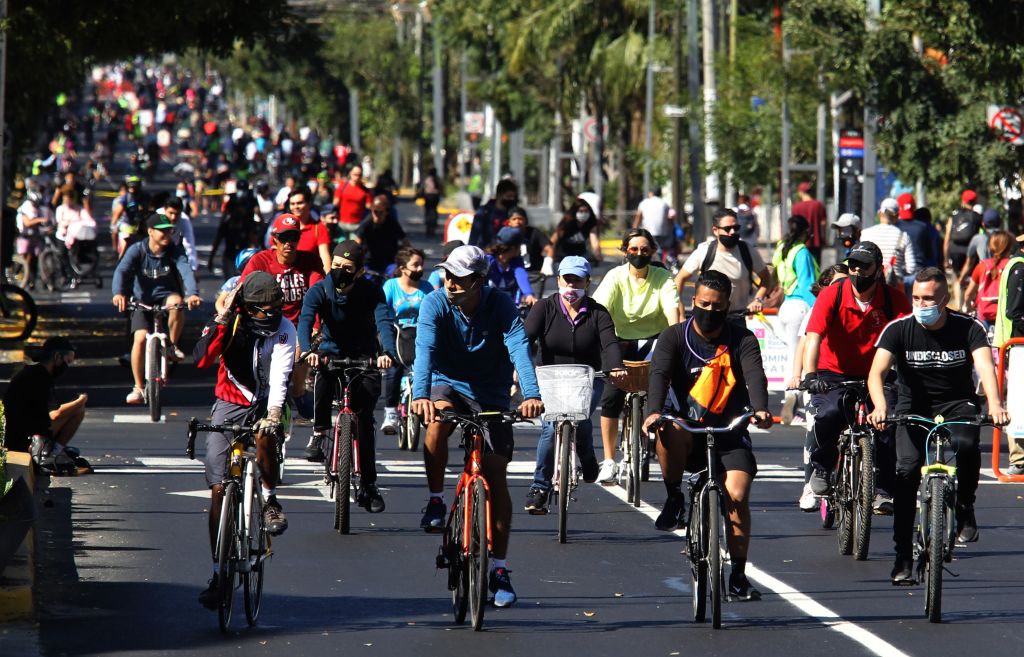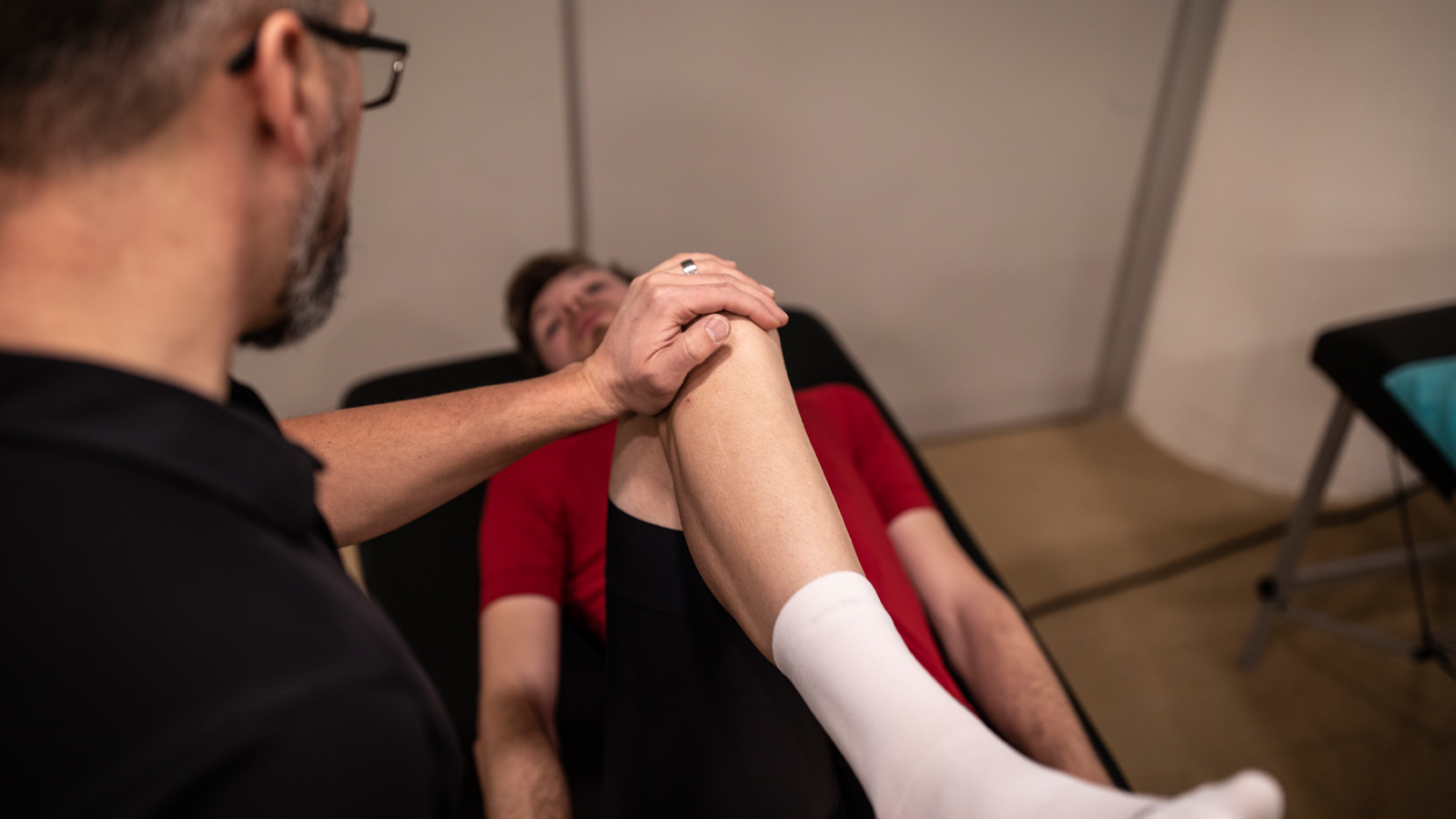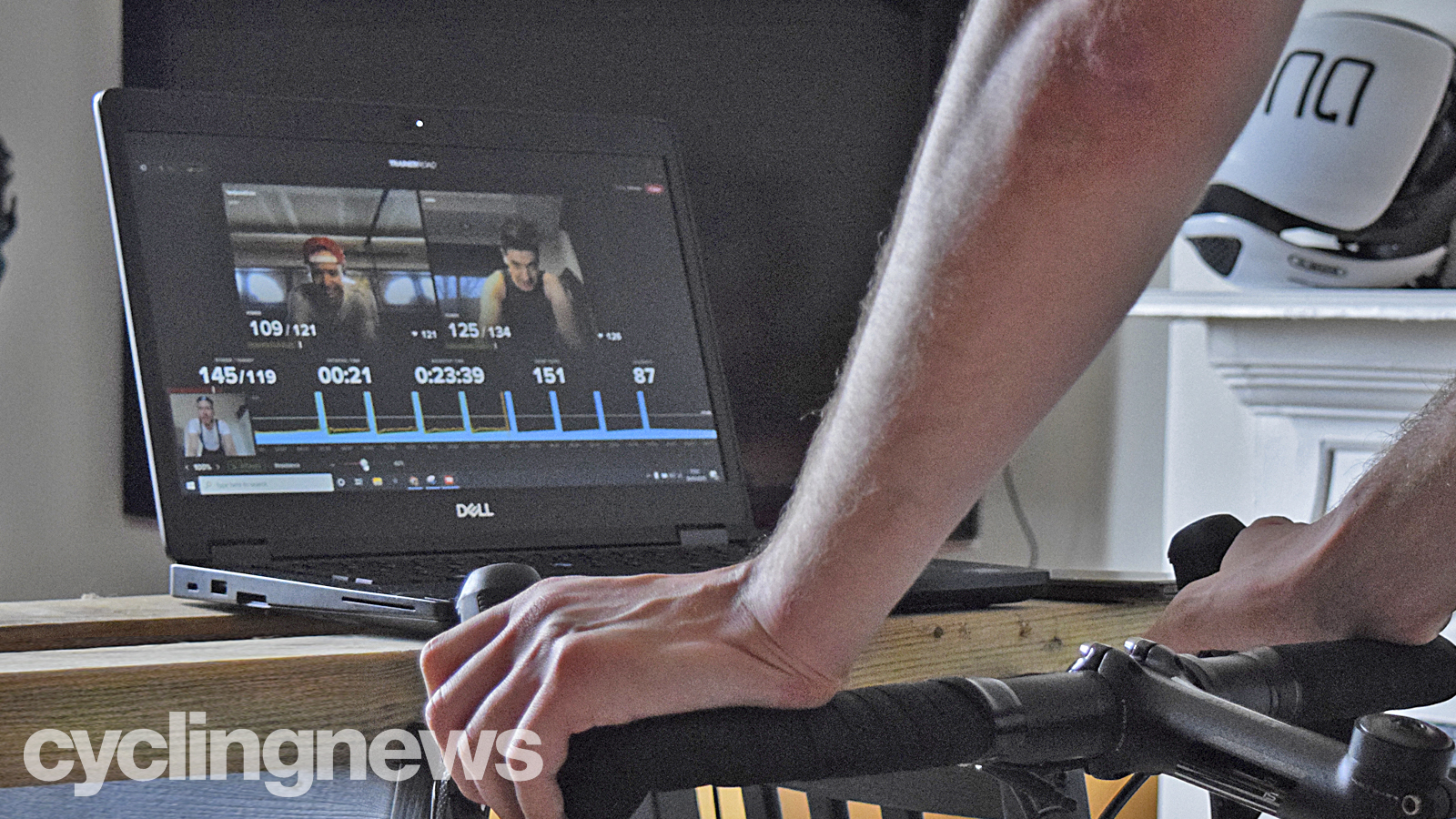How has COVID-19 affected cycling businesses in the United States?
We catch up with companies large and small to discuss challenges they've faced, and how they've adapted as a result

It'll be news to nobody that COVID-19 has turned the world's sense of normality on its head in the past 12 months. A year ago, we were all beginning to learn what exactly COVID-19 was, while trusting - hoping - that washing our hands a little more regularly and trying not to touch our faces would be the solution. Fast forward to today and the world has spent the majority of the past 12 months either in varying levels of lockdown or with some form of restriction on everyday life.
With it being North America Week here on Cyclingnews, we wanted to touch on the ways the cycling landscape has been affected by a year of unprecedented disruption to normality. We reached out to various cycling-related businesses based in the USA to see how they've been affected and adapted in the face of unprecedented adversity.
The 'COVID cycling boom'
As a consequence of the disruption, there's no doubt that cycling has boomed in popularity. Social distancing advice has led to people avoiding public transport, and simultaneously as a result of enforced business closure and stay-at-home orders, there are fewer cars on the roads, making them a safer place for those travelling by bicycle.

What's more, in areas where outdoor activity is still permitted, these safer roads make them a more enjoyable - or at least, less daunting - place to be. The concurrent attention on health and wellbeing is leading to more cyclists heading out for the fitness benefits or the sheer pleasure of the ride. This is backed up by various studies, including one published in the Institute of Transportation Engineers Journal which saw a 138 per cent year-on-year increase in recreational activity at 40 intersections across Phoenix, AZ.
Due to this boom, and thanks to being deemed an essential service, many bike shops have seen their busiest year in history, even despite the enforced closure of retail space in many stores.
The difficulties faced
However, even in a world where cycling is flourishing, it's been far from plain sailing for anyone.
Businesses with in-person services have struggled as a result of the restrictions on person-to-person contact. Gyms have been forced to close and as a result, businesses such as personal trainers, yoga instructors and massage therapists find themselves without a client base.
Get The Leadout Newsletter
The latest race content, interviews, features, reviews and expert buying guides, direct to your inbox!

Retül is a data-driven bike fit business based out of Colorado, for which in-person interaction is essential, and these services were forced to cease entirely.
"It has been a crazy year," explains Jason Williams, Sports Scientist at Retül. "We closed the office in mid-March when things locked down here in Colorado. We were working from home for at least three months before some restrictions eased up."
"We returned to some in-person fitting over the summer but when the regional cases spiked again in October/November we halted most in-person fitting again. It has been a year of ups and downs."
For manufacturers of physical goods, factory closures coupled with increased demand put an insurmountable strain on product availability. Indoor cycling was one area in which stock ran dry almost entirely, with the best turbo trainers all-but-impossible to find, and entry-level turbo trainer prices skyrocketing as a result.
At the time, Wahoo Fitness's Rowley Clifford told Cyclingnews: "At this time in the year we’ve normally switched our factory off making indoor trainers to focus on new product launches. When demand for indoor trainers exploded towards the end of March we had to get the factory going again as soon as we could to try and service it." This is much easier said than done in the midst of a global pandemic where factories are forcibly closed.
Adapt and improve
The overriding theme of any conversation surrounding the so-called new normal is the desire - or need - to adapt. The well-established saying 'improvise, adapt and overcome' rings truer than ever in this context.
"When lockdowns started, parts of our business temporarily slowed, especially tourism," explains Chris Lyman, owner of The Lyman Agency, a PR agency based in Northern California that looks after various cycling brands including Enve. "By early summer we were pretty much back to full speed but with a few nuances."
According to Retül's Williams, similar adaptation was underway there, too: "During that time we were able to connect some clients through Zoom consultations and phone calls to troubleshoot problem areas when possible," before adding "We used that time to leverage our data to help build 'at home' features on the Specialized website, helping shoppers with Retül advice in frame size, starting seat height and saddle width."

Adaptation is key, but the speed of adaptation can be equally important in the fast-paced world in which we live. Within weeks of the first lockdown in March 2020, indoor cycling specialists TrainerRoad launched an all-new feature called Group Workouts, allowing its users social interaction without the concurrent risks. Likewise, Zwift immediately partnered with race organisers around the world to create virtual races across the spectrum from a grassroots level to a Virtual Tour de France, filling the gap created by cancellations.
But aside from adapting the consumer-facing product offering in order to either capitalise or survive, plenty more adaptation took place behind closed doors.
"Our virtual structure allows for a degree of flexibility. Everyone is 110 per cent committed with a 'get the job done right' mentality but not necessarily on a regimented nine to five schedule." Lyman explains. "Before last year, the flexibility commonly allowed for a longer lunch ride, getting first turns on a powder day or working Friday on the road. But more significantly with COVID, it enabled parents to tackle schooling from home and other challenges that quickly arose."
Longing for the old normal
However, despite the boom in cycling popularity and the subsequently increased potential for business, there is still a sense of eagerness to return to the 'old normal'.
"We think of ourselves as a partner rather than a vendor and like many, found ourselves missing human connectivity," Lyman explained. "Deciding to cancel our own events and not being in social settings at others was more of a psychological adaptation but probably the most significant one for us in 2020."
Whether it's for personal reasons or the success of the business, the overarching aim is a desire to continue helping clients, customers and cyclists through this pandemic and beyond.
"Retül has many exciting new projects in the works so staffing has remained strong to keep building out new technologies and tools to help support riders and fitters," Williams concluded. "We expect the recent bike boom to lead to many new riders in need of fit help whether that is through online portals or in person again when it is safe to do so!"
If cycling - as an activity and a sport - as well as the well-being of cyclists, and the state of the planet can continue seeing long-lasting benefits from the COVID cycling boom, then there might just be a silver lining to the metaphorical cloud that is the brutality wrought by this pandemic.
Yet, we believe we speak for everyone in concluding that we'd all willingly forego the cycling boom if it meant fewer lives were lost.

Josh is Associate Editor of Cyclingnews – leading our content on the best bikes, kit and the latest breaking tech stories from the pro peloton. He has been with us since the summer of 2019 and throughout that time he's covered everything from buyer's guides and deals to the latest tech news and reviews.
On the bike, Josh has been riding and racing for over 15 years. He started out racing cross country in his teens back when 26-inch wheels and triple chainsets were still mainstream, but he found favour in road racing in his early 20s, racing at a local and national level for Somerset-based Team Tor 2000. These days he rides indoors for convenience and fitness, and outdoors for fun on road, gravel, 'cross and cross-country bikes, the latter usually with his two dogs in tow.